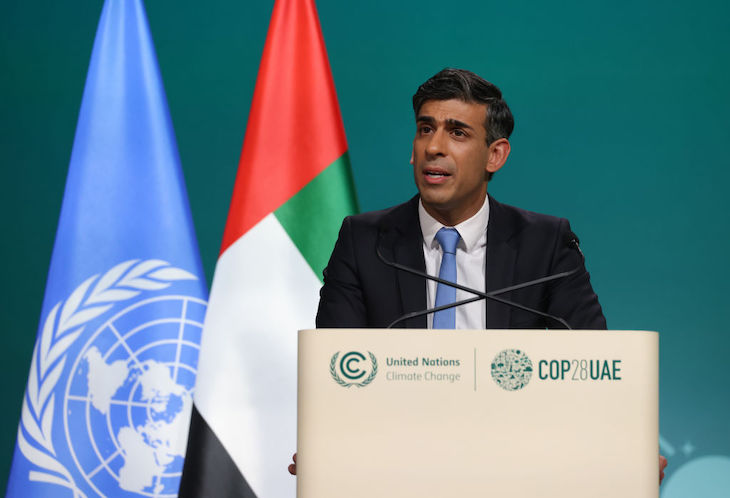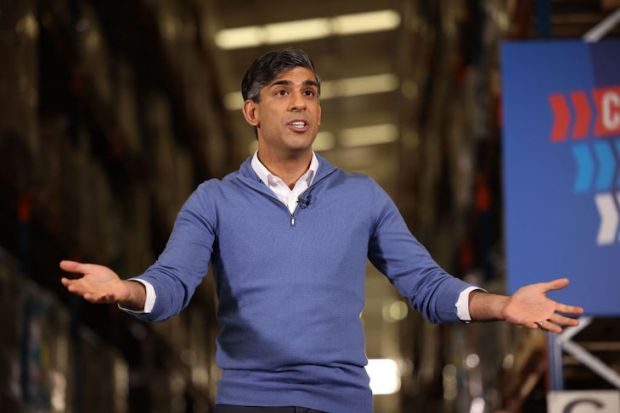Rishi Sunak has a new approach to Net Zero, defining himself against ‘zealots’ and acknowledging the side effects of proposed green taxes. He’s replacing the old, often hyperbolic precautionary-principle logic and bringing in the language of tradeoffs: stressing the importance of democratic consent and the futility of green taxes that voters will not accept and are likely to rebel against.
Already a subscriber? Log in
Subscribe for just $2 a week
Try a month of The Spectator Australia absolutely free and without commitment. Not only that but – if you choose to continue – you’ll pay just $2 a week for your first year.
- Unlimited access to spectator.com.au and app
- The weekly edition on the Spectator Australia app
- Spectator podcasts and newsletters
- Full access to spectator.co.uk
Or





















Comments
Don't miss out
Join the conversation with other Spectator Australia readers. Subscribe to leave a comment.
SUBSCRIBEAlready a subscriber? Log in